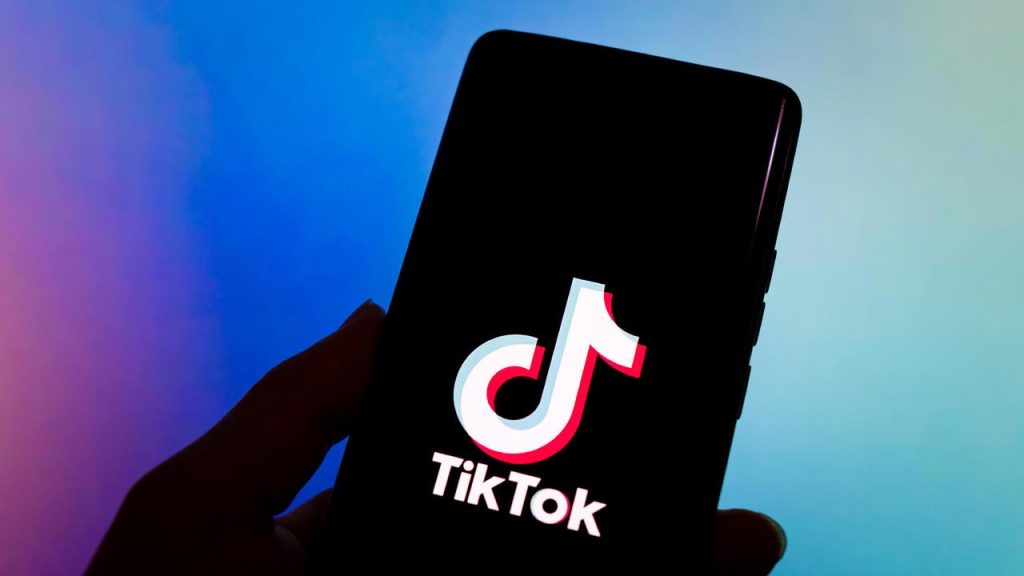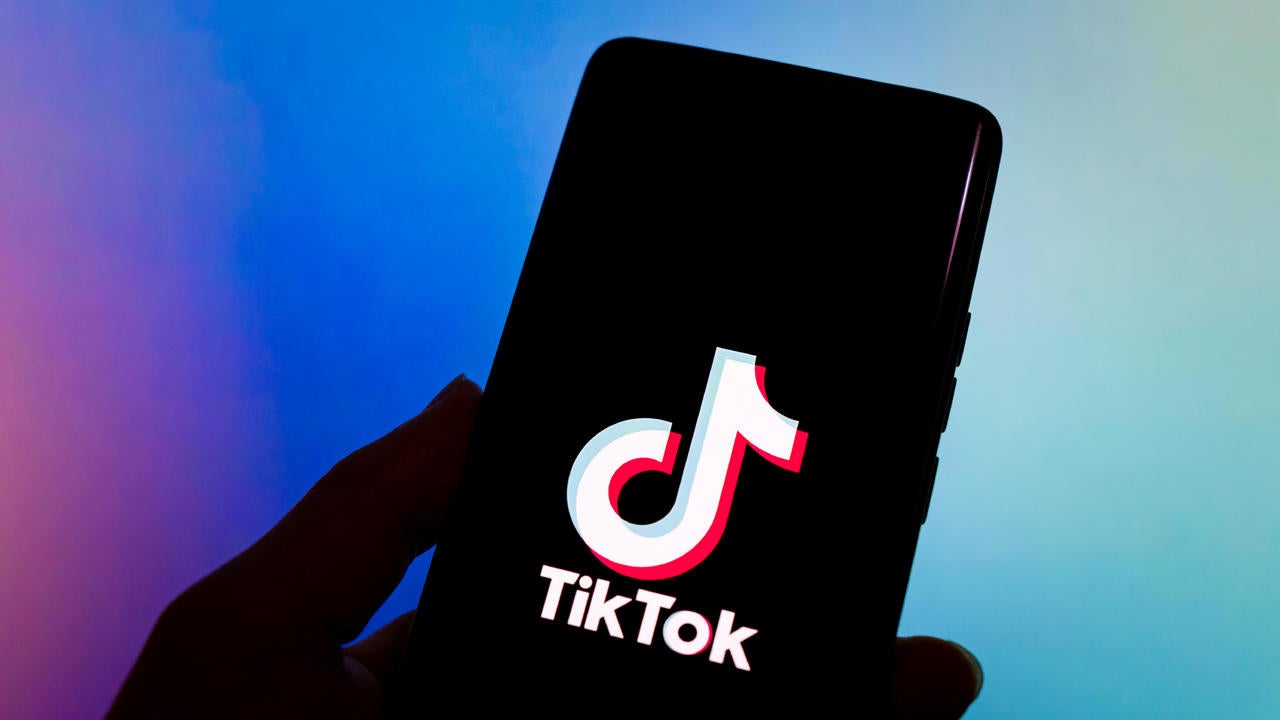Supreme Court May Announce Opinions Friday as TikTok Ban Decision Looms

Supreme Court May Announce Opinions Friday as TikTok Ban Decision Looms
Washington, D.C. — The U.S. Supreme Court is poised to potentially deliver opinions on Friday morning, just two days before a controversial law banning TikTok is set to take effect. The unexpected addition to the court’s schedule has amplified speculation about the platform’s fate and its 170 million U.S. users.
The looming deadline stems from the Protecting Americans from Foreign Adversary Controlled Applications Act, legislation passed by Congress in April and signed into law by President Joe Biden. The law mandates that TikTok sever all ties with its China-based parent company, ByteDance, by January 19 or face removal from U.S. app stores and hosting services.
Key Arguments in Supreme Court Case
Last week, the Supreme Court heard oral arguments on TikTok’s challenge to the law. The justices appeared sympathetic to the government’s assertion that TikTok poses significant national security risks. Solicitor General Elizabeth Prelogar pointed to TikTok’s data collection practices, describing them as “unprecedented,” and warned that the Chinese government could exploit the platform to gather sensitive information on millions of Americans.
“For years, the Chinese government has sought to build detailed profiles about Americans—where we live, work, who our friends are, and even our vulnerabilities,” Prelogar argued, referencing previous data breaches attributed to China, such as the hack of the Office of Personnel Management in 2015.
On the other side, TikTok’s attorney, Noel Francisco, stressed the potential violation of free speech rights, calling the law “an extraordinary and unconstitutional assertion of power.” Francisco warned that if the law is not paused, TikTok would “go dark” on January 19, resulting in the immediate loss of a platform critical to small businesses, creators, and communities.
Implications of the Ban
If the Supreme Court upholds the ban, TikTok will no longer be accessible for download in the U.S. app stores, and its current users will lose access to updates and features. The platform has become a vital tool for small businesses, influencers, and creators, many of whom rely on it for income.
Democratic Senator Ed Markey of Massachusetts expressed concern, urging President Biden to delay the law’s implementation. “Taking TikTok offline without an alternative would be catastrophic for small businesses and creators who have built their livelihoods around it,” Markey said.
Political and Economic Stakes
The TikTok ban has also drawn attention from President-elect Donald Trump, who once sought to ban the app during his first term. Despite his initial stance, Trump has since credited TikTok with helping him connect with younger voters and has vowed to find ways to “save” the platform.
Incoming National Security Adviser Mike Waltz said Thursday that Trump’s administration is working on measures to ensure TikTok does not “go dark.”
TikTok’s legal team argues that the ban would cause “immediate and irreparable harm” to the platform and its users. The company has also accused lawmakers of relying on “speculative and analytically flawed concerns” about national security to suppress millions of Americans’ voices.
What’s Next?
The Supreme Court’s decision could mark a pivotal moment in the ongoing battle between national security concerns and free speech rights. The ruling will have far-reaching consequences for technology regulation, U.S.-China relations, and digital freedom.
For updates on the case, visit the Supreme Court’s homepage at 10 a.m. Friday, where opinions will be posted online.
How to Stay Informed
- Follow breaking news on major outlets.
- Visit TikTok’s official newsroom for statements on the case.
- For businesses and creators, explore alternative platforms and resources to mitigate potential disruptions.
Stay tuned as this critical legal battle unfolds. The future of TikTok in the U.S. hangs in the balance.


